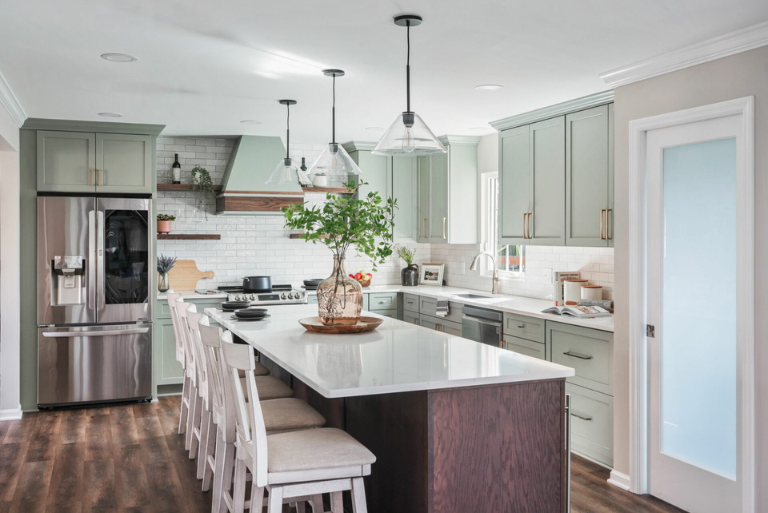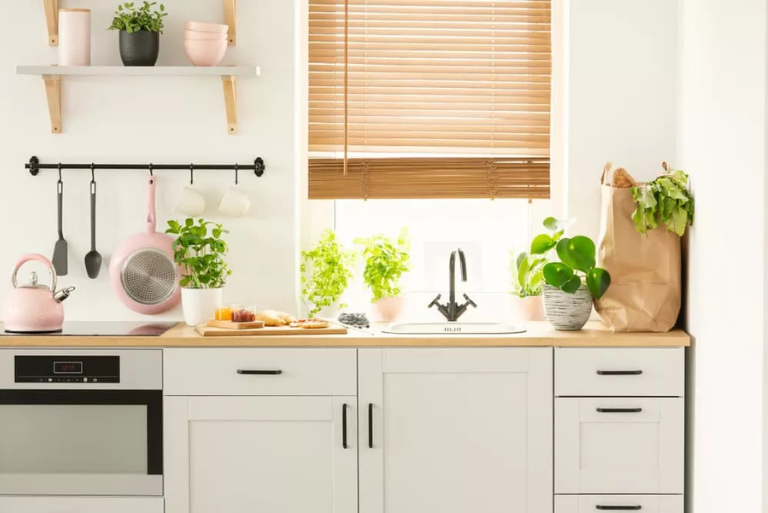The Best Eco-Friendly Renovation Tips for a Greener Home
The Importance of Eco-Friendly Home and Kitchen Remodeling New Jersey
Eco-friendly home renovations are no longer a niche trend—they're a meaningful way to reduce your environmental footprint, improve indoor air quality, and even lower utility bills. Whether you're planning a full remodel or just looking to make more sustainable choices in your next home improvement project, integrating green practices can have long-lasting benefits for both your household and the planet. With thoughtful planning, it's easier than ever to make your home more environmentally responsible without sacrificing style or comfort.
One of the most impactful areas to focus on is energy efficiency. During any renovation, upgrading windows, doors, and insulation can dramatically improve your home’s thermal performance. Double- or triple-pane windows, properly sealed doors, and blown-in attic insulation all help reduce the need for constant heating and cooling, which translates to lower energy use and utility bills. If you're
Speak With A Remodeling Expert!
remodeling your kitchen or laundry area, consider replacing outdated appliances with ENERGY STAR-rated models, which are designed to consume less power and water without compromising functionality.
Another smart area to address is lighting. Replacing old fixtures with LED lighting is a quick and cost-effective way to save energy. LEDs use a fraction of the electricity compared to traditional bulbs and last much longer, reducing waste and replacement frequency. Pairing efficient lighting with natural light is even better—consider adding skylights, sun tunnels, or larger windows during a remodel to maximize daylight and reduce your need for artificial light during the day.
Sustainability and Water Conservation in New Jersey Home Remodeling
Choosing sustainable materials is also a major component of green remodeling. Look for products that are recycled, reclaimed, rapidly renewable, or certified by eco-labels like FSC (Forest Stewardship Council) or Greenguard. Reclaimed wood, bamboo flooring, recycled glass countertops, and low-VOC (volatile organic compounds) paints and adhesives are excellent choices that are both environmentally responsible and aesthetically appealing. These materials not only reduce the demand for new resources but also improve indoor air quality by minimizing harmful emissions.
Water conservation is another critical aspect of an eco-friendly renovation. Swapping out old plumbing fixtures for low-flow faucets, showerheads, and dual-flush toilets can significantly cut down on water usage without sacrificing performance. If you’re redoing your landscaping during an exterior renovation, opt for drought-tolerant native plants and install a rainwater collection system to further reduce your environmental impact.
Waste reduction should also be top of mind during renovations. Construction projects can generate a surprising amount of waste, but with proper planning, you can divert much of it from landfills. Donate reusable materials like cabinets, doors, and fixtures to local salvage centers or reuse them in creative ways throughout your home. Work with contractors who offer recycling programs or are familiar with deconstruction techniques that preserve materials for repurposing.
Ultimately, the best eco-friendly renovations are those that combine efficiency, durability, and mindful material choices. By focusing on energy use, water conservation, and sustainable materials, you can create a home that’s healthier, more efficient, and aligned with long-term environmental goals. Every green choice—big or small—adds up to a more sustainable future for your home and the world around you.



